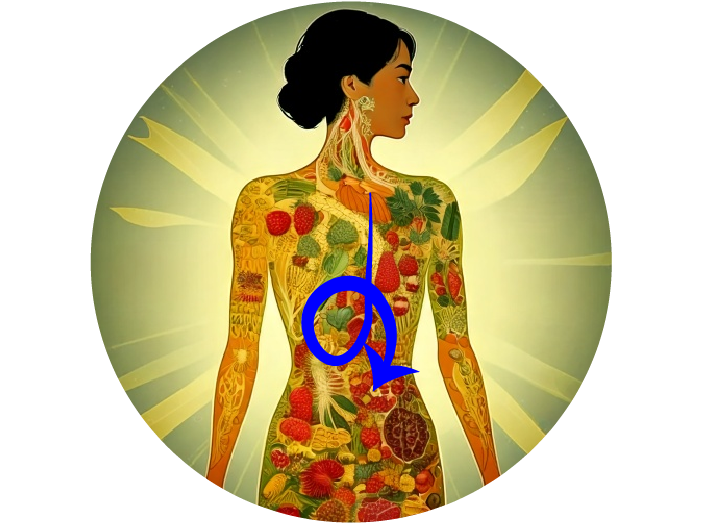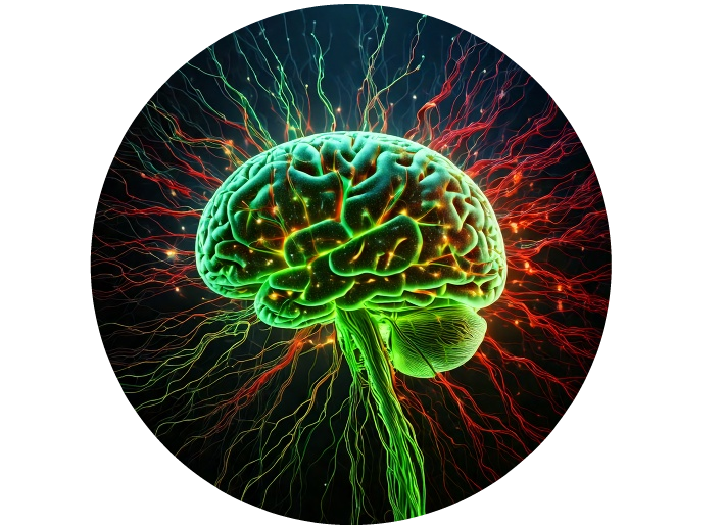The Vital Role of Water in Human Health
Nutrients encompass all the essential compounds our bodies require to maintain optimal physiological function.
However, achieving an "optimal state" does not imply conforming to societal beauty standards or the physique of models featured in magazines. Instead, it refers to the efficient functioning of our organs in alignment with our age, metabolic processes, and lifestyle.
You are likely familiar with the major classes of essential nutrients required for human health—carbohydrates, proteins, fats, vitamins, and minerals. These nutrients provide the energy necessary for survival and support fundamental biological functions. However, one critical element is often overlooked in discussions of nutrition: water.
Although water does not supply energy in the form of calories, it is indispensable for maintaining metabolic processes. It serves as a medium for biochemical reactions, facilitates the transport of nutrients and waste, and regulates body temperature. Despite its crucial role, water is frequently underestimated in dietary considerations.
In cases of inadequate water intake, the body engages various physiological mechanisms to encourage hydration. One such response is the sensation of stomach emptiness—even after consuming dry foods—prompting the individual to drink fluids. This biological signal is an important factor to consider, particularly in weight management strategies. Establishing a habit of regular water consumption can support metabolic efficiency and help differentiate between true hunger and dehydration-induced signals, thereby aiding in healthier dietary choices.
Ultimately, ensuring adequate hydration is fundamental to sustaining overall health and well-being.
Curious fact!
Great-apes can survive weeks without water because their metabolism is used to get the most water from their natural food sources, reflecting how evolution made differences compared with human metabolism.
Opinion
As a scientist, I see nutrition as a powerful tool for influencing health and disease in any organism. Unfortunately, its importance is often underestimated when addressing major challenges like aging, Alzheimer’s disease, cardiovascular conditions, autism, and autoimmune disorders such as lupus. Nutrition—and the metabolism it shapes—has the potential to help us maintain better health for longer. It’s time we recognize its role not just in daily well-being but as a key factor in preventing and managing complex health conditions.
As a scientist, I see nutrition as a powerful tool for influencing health and disease in any organism. Unfortunately, its importance is often underestimated when addressing major challenges like aging, Alzheimer’s disease, cardiovascular conditions, autism, and autoimmune disorders such as lupus. Nutrition—and the metabolism it shapes—has the potential to help us maintain better health for longer. It’s time we recognize its role not just in daily well-being but as a key factor in preventing and managing complex health conditions.






